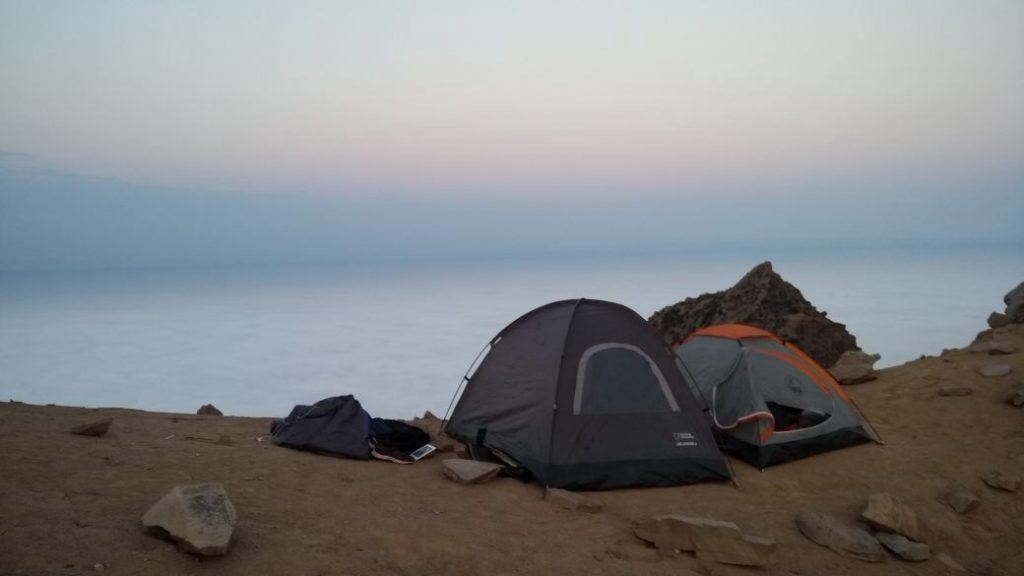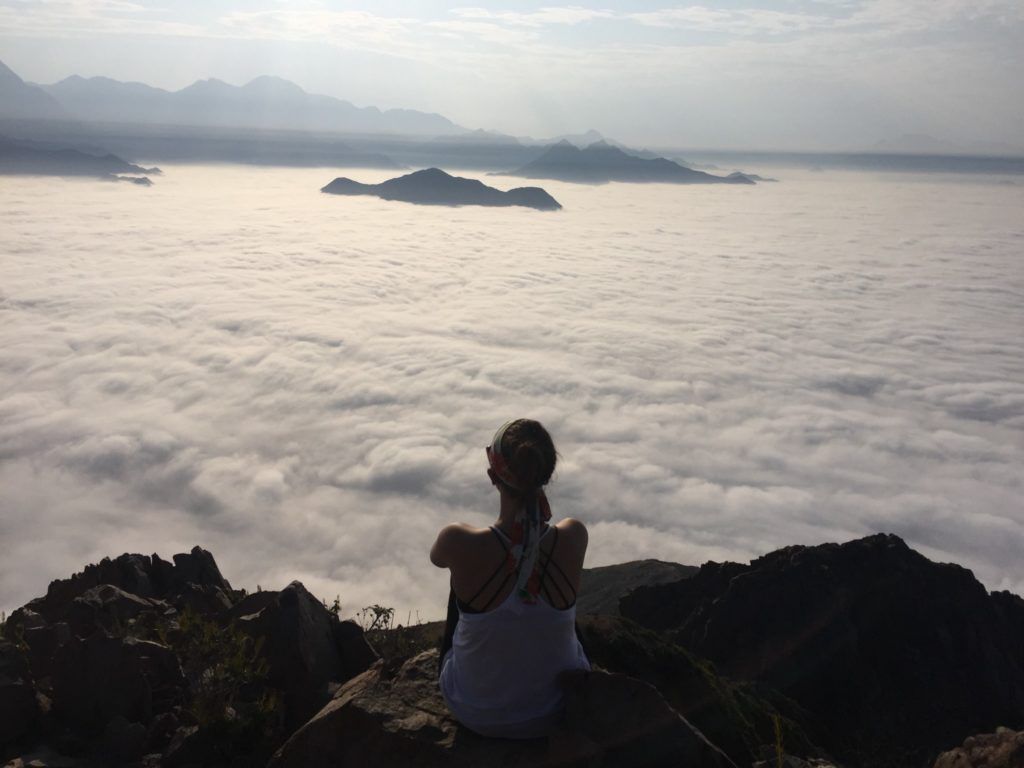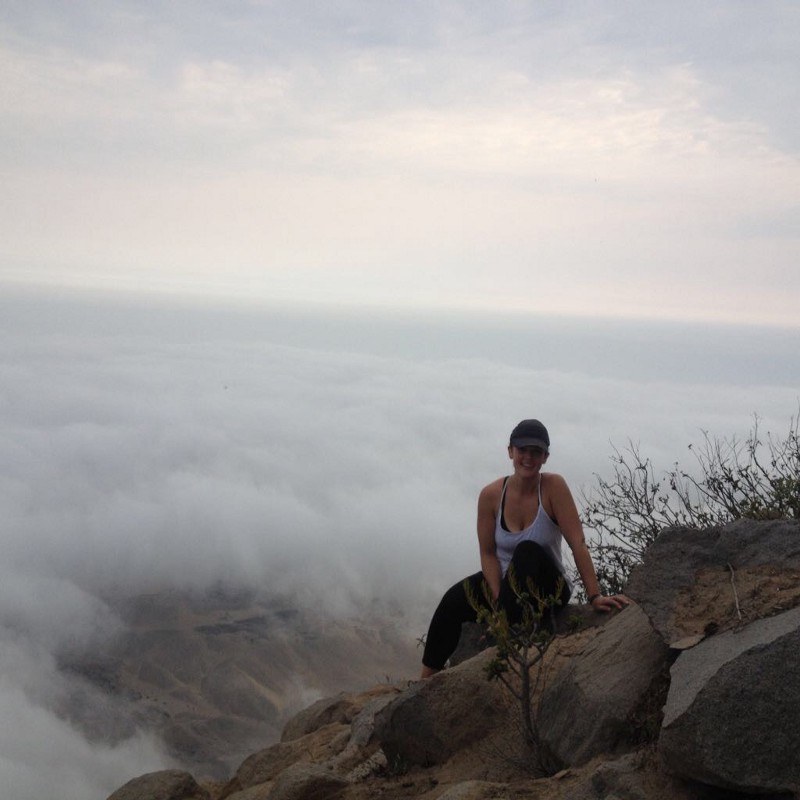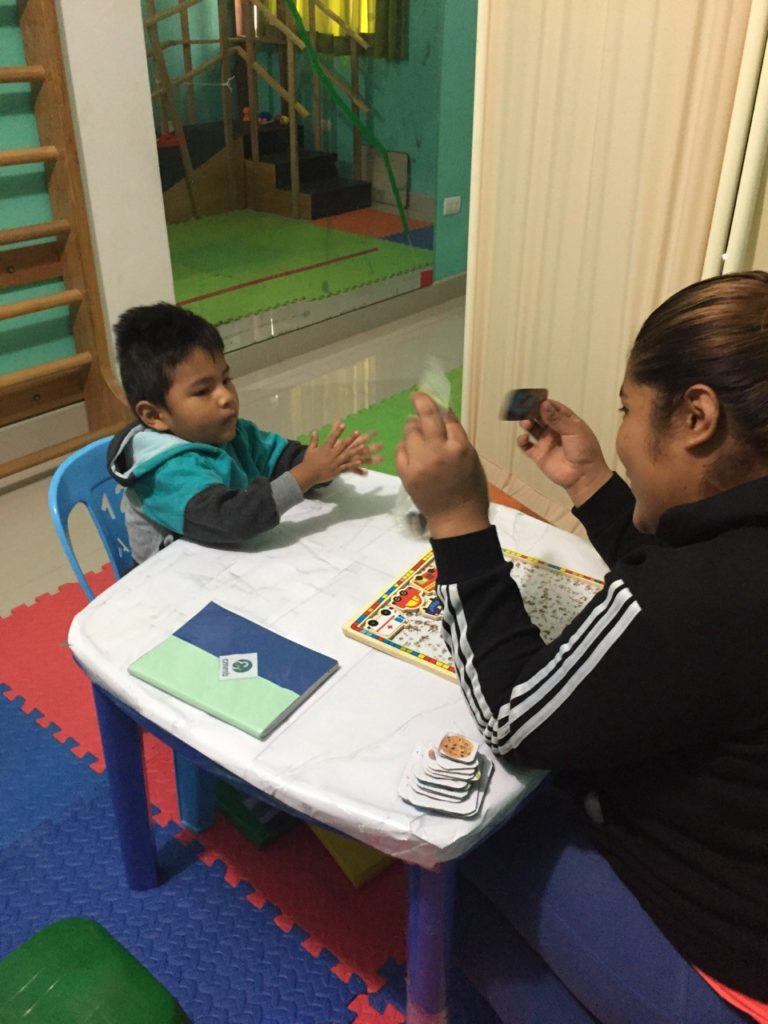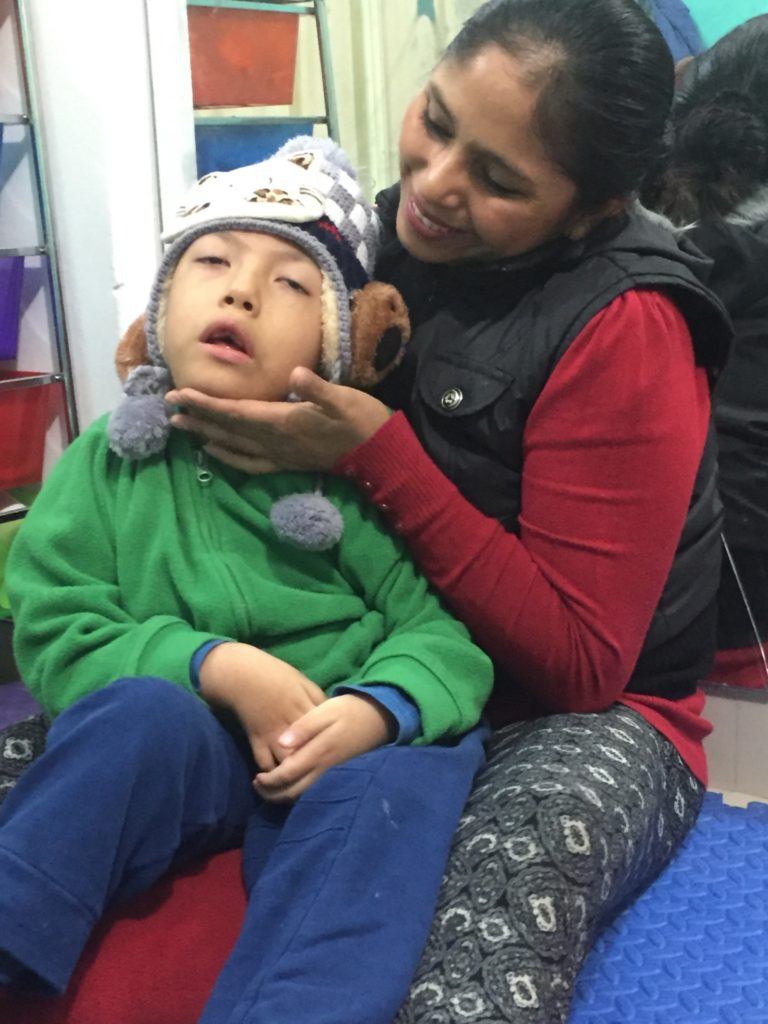Alpaca Bag — Phew! That was a close one: Megan Ramirez
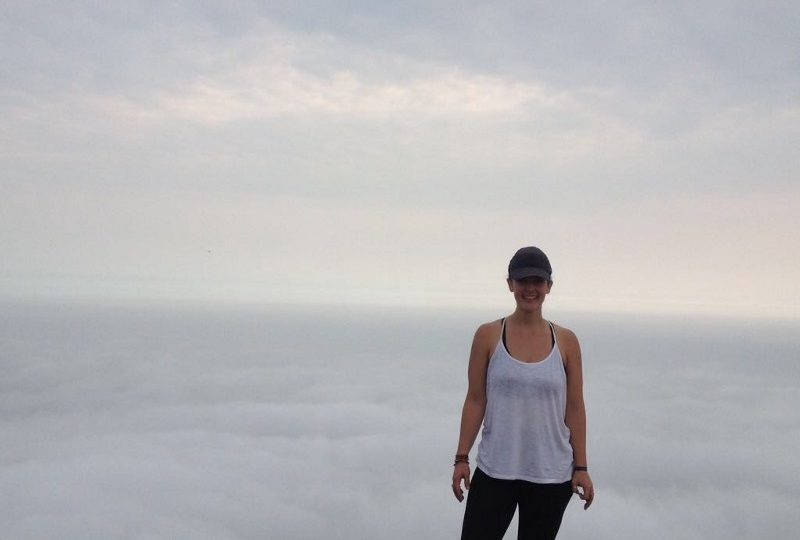
Megan Ramirez is currently volunteering with CMMB as a speech pathologist in Peru. This is her third report from the field where she shares news of her life as a volunteer and her work serving in one of the most vulnerable and marginalized communities in the country.
My Family in Peru
Life in Peru is moving right along, in both positive. . . as well as some not so positive ways!
I want to share the following story, not to worry my family or deter anyone who wants to come visit (you really should come), but to share what I learned from the experience and what it has taught me about human kindness.
In Peru, I often joke with people about having a large sign written on my forehead saying, I’M FROM GRINGOLANDIA (a term I learned from a friend here, referring to gringos who come from the US). I get stared at fairly often. I obviously look different. I try hard to fit in, but I wear different clothes, I speak Spanish with an accent. All of this comes at a price, because there is an assumption that people who come from the US have a lot of dinero (money).
For this reason, I’ve been very conscious of myself, as well as my belongings. I don’t walk more than a few blocks outside of my apartment alone after it gets dark; I never carry more money than I need; and I never carry more than one bank card with me. Now, I don’t want you to think that I’m living in a city where people are constantly looking to steal my things or harm me. But, I do know that it is important to take the proper precautions, especially as a foreigner.
The area where I work during the day is an extremely impoverished part of the city, and is a distance from where I live. With poverty comes need and so the area is known to be ‘dangerous’. As a result, my fellow therapists, Mary, Mercy, and Naida always accompany me. Every day, after therapy, we walk down the dirt path to catch the bus.
The other day as we were walking towards the bus stop, we passed a car that I hadn’t noticed. I normally never take my phone out in this part of the city. However, on this particular day, I took my phone out to save an important number. While saving the number in my phone, a man in the back seat of the car launched himself out of the window, and swiftly wrapped his hands around my phone in an attempt to steal it. A man in the front seat of the car started the engine and just sat there and watched. I automatically tightened my grip and did not let go of the phone. Mary and Naida reacted instantaneously, grabbing the phone. The man threw his body backwards in an attempt to loosen my grip. However after a few seconds, he was unable to withstand the power of three feisty women equipped with six hands, and long nails! He finally gave in, let go of the phone and we ran away.
Again, I’m not telling you this to make you worry about me, or to make you think I’m living in a very dangerous city. It’s not every day that these things happen. Rather, I tell you this to explain just how protective these women are of me and how well looked after I am. At least once a day, I get yelled at for not looking both ways before crossing the street (even though I always do, I think), or taking my phone out when I shouldn’t. I have a little family here who has gone through great lengths to support me and take care of me, and for that, I am incredibly grateful.
Regardless of that incident, I’m enjoying experiencing the culture here in Trujillo. Last weekend, I hiked to the top of a mountain called Apu Campana, with an ascent of approx 3000 feet. 3000 painful feet. It was a challenging hike, because it mostly consisted of sand and rocks. Hiking on the sand felt like being on one of those moving sidewalks in the airport that goes in the opposite direction. And, the rocks were a whole new ballgame. It took us nearly five hours to get to the top, after which we set up our tents, and enjoyed the view of Trujillo under the starry sky.
Magic Happens Outside of Our Comfort Zones
Living here has forced me to get out of my comfort zone, which is why I like it so much. This type of experience, pushes me to do things I wouldn’t ordinarily do, and meet people I would never have met otherwise. People from all walks of life, and from all over the world.
People who I hardly know, but have somewhat of a deeper connection with because they too, are living out of their comfort zone.
People who sit with you on the top of a mountain in the pitch dark, and fight about whether or not that light in the sky is a star, airplane, or UFO (it was definitely a plane).
People who you can have a deep conversation with after only knowing them a few days. People who do not have a problem making fun of you for not understanding the difference between a lima and limón (in Spanish the word for lime is limón and the word for lemon is lima – AND the lemons here are almost green. You can see how one would get confused…right?)
Beyond Exploring the Country: My Role as a Therapist
Now, I don’t want you to think my life is like this every single day. I get to do fun and adventurous stuff on the weekends, but life here is not just climbing up a mountain, hoping I don’t fall off the edge. It`s also about moving out of my comfort zone through my work here too.
Therapy is in full swing here! I see twenty kids in the Rehabilitation program per week, spanning a large range of diagnosis including Cerebral Palsy, Autism, Developmental Disorders, Down Syndrome, and various genetic syndromes. They range in severity from children who need some help with pronunciation, to children who are 100% dependent on their caregivers for all activities of daily living. The mothers in the program are a huge part of therapy here. The idea is that as therapists, we teach the parents a skill, and the parents demonstrate that skill, practice it at home, and come back to learn a new skill in order to see continued progress. It’s amazing to see that some mothers take what I teach them and run with it. So many of them are motivated to help their children improve.
I’m specifically working with children in two main areas of speech therapy: feeding and swallowing, and alternative communication. I work with many non-verbal children who cannot communicate orally and therefore need another way to communicate, usually pictures.
Meet John:
This is John. He is three years old and is not yet speaking. He has really caught on to the method and I am confident that with the interventions, he will definitely make large improvements in the area of expressive communication. It’s amazing to see his mother work with him, which is largely the reason he is improving. Mothers make all the difference.
As usual, however, there is a definite need to be creative with the therapy materials used here. For instance, in the US, it was very easy to create communication books. But here, it takes a huge effort for both therapists and mothers to create these materials.
With feeding, I’m helping children learn to chew. Many of them are only able to consume soft foods due to their inability to chew. I also work with more impaired patients who have difficulty swallowing and are at risk for aspiration (food or liquid going towards the lungs instead of the stomach, putting them at risk for pneumonia).
One of these children’s name is Jesus Adrian.
This Woman is a Rock Star
Jesus Adrian has cerebral palsy and a genetic disorder. He does not have any adaptive equipment, such as a wheelchair or an activity chair. His mother carries him everywhere he needs to go, along with everything else she needs to carry.
Imagine getting on a bus or walking up a mountain while carrying a seven-year-old child. A child who is completely dependent on you for everything. His mother manages him like a pro. She has worked with the therapists here to help make him more responsive to external stimuli and to practice relaxation techniques. I am working with him to decrease his risk for aspiration.
Thick-it
In the United States, keeping him from aspirating would be much easier (relatively speaking- keeping a child from aspirating is a heavy task, regardless). In the US, we have tools and techniques to help children like this. But, the most essential thing needed to keep him from aspirating is a product called Thick-it. In the US it is sold in almost every pharmacy, but in Peru it’s only sold in Lima – an eight-hour drive away from Trujillo. This child, among many others who I am seeing, will need this product for the rest of their lives to keep them from getting life-threatening pneumonia. This is just one of many stories, where children do not have access to the materials they need.
In the meantime, until we get the product, we need to be creative.
